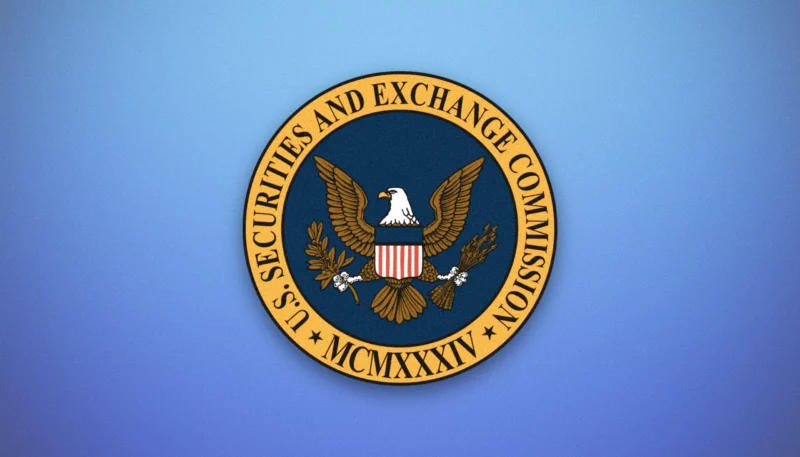This last week, the Senate passed the “JOBS Act,” leaving it one step away from final passage by Congress and Signature by President Obama. The JOBS Act contains a number of provisions which are aimed at reducing the securities compliance burdens of small companies and startups. One of the major provisions within the JOBS Act is the so-called “crowdfunding” provision.
Crowdfunding has an enthusiastic following online and within the entrepreneurial community. Obviously, that following is very excited about the bill’s Senate passage. Unfortunately, I don’t think they should be popping the champagne corks anytime soon. Before passing the bill, the Senate passed an amendment to the bill substituting a new version of the crowdfunding law by Senators Merkley, Bennet, and Brown in place of the one written by Rep. Patrick McHenry. All signs point to the Republican leadership in the House conceding to the Senate’s amendment this week in order to get the bill to the president’s desk for signature as soon as possible.
And I believe the Senate’s amendment kills crowdfunding. The replacement crowdfunding bill is significantly more complex and fraught with liability for issuers. While even the McHenry approach had some degree of complexity, the Merkley version makes it look simple and straightforward in comparison. Here are just a few examples of some of the differences that I think will sink the new crowdfunding law and prevent it from being of any practical use:
- In the new version, the exemption from registration only applies if the aggregate amount sold to any investor by an issuer (that is, ANY issuer) does not exceed certain caps, which vary depending on the investor’s income. That’s right, if you use the crowdfunding exemption, it may not apply depending on whether your investors have invested in OTHER startups using the exemption — something you have no control over. Hopefully, the SEC, in regulations, will provide a safe harbor for issuers to make this determination (both as to income and the amounts invested in other crowdfunding offerings), but you can never count on the SEC making anything simple. [Update 4/19/12: see comments below. One commenter had pointed out that from first blush the limits may not apply in the aggregate. However, a separate portion of the bill does confirm that the limits apply in the aggregate, but the funding portal will have the obligation to enforce this. That said, there still may be significant consequences to the issuer if the funding portal fails to fulfill their responsibilities.]
- In the new version, the offering can only be made through a registered broker-dealer or a new “funding portal” which also must be registered with the SEC and, apparently FINRA. In the McHenry version, an issuer could use an unregistered “intermediary” but was not required to. This additional requirement will greatly increase the costs of conducting a crowdfunding offering.
- The new version requires that the issuer of any crowdfunding offering of over $500,000 have audited financials, again significantly increasing the compliance costs on issuers. It also prohibits any advertising to promote the offering.
- The Merkley amendment creates a new cause of action against a crowdfunding issuer, and its directors and officers. Traditionally, in Federal securities fraud suits (at least those involving non-public securities), the plaintiff has to prove that the defendant acted knowingly or recklessly. In any suit involving a crowdfunded company, the burden of proof will be on the defendants and they will need to prove they didn’t know about any misstatements nor in the exercise of reasonable care could not have known about the misstatements. Good luck finding competent directors for your crowdfunded company.
In all, the statute that provides for the crowdfunding exemption expanded from 12 pages to 24 after the substitution of the Merkley version. For a crowdfunding exemption to work, it must be simple. Small companies cannot afford the significant compliance burdens placed upon them by the crowdfunding exemption that was passed. Therefore, my prediction is that entrepreneurs will quickly find that the new exemption is too expensive to utilize and is more trouble than it is worth and that it will rarely be used. As I’ve stated in the past, there are some significant practical obstacles to crowdfunding even with the McHenry bill. The Senate’s solution certainly didn’t help. Therefore, I believe the Senate may have just effectively killed crowdfunding. I may be wrong; the SEC may implement the bill well through regulation and save crowdfunding. Anyone want to take a bet that this happens?
———————————–
© 2012 Alexander J. Davie — This article is for general information only. The information presented should not be construed to be formal legal advice nor the formation of a lawyer/client relationship.




